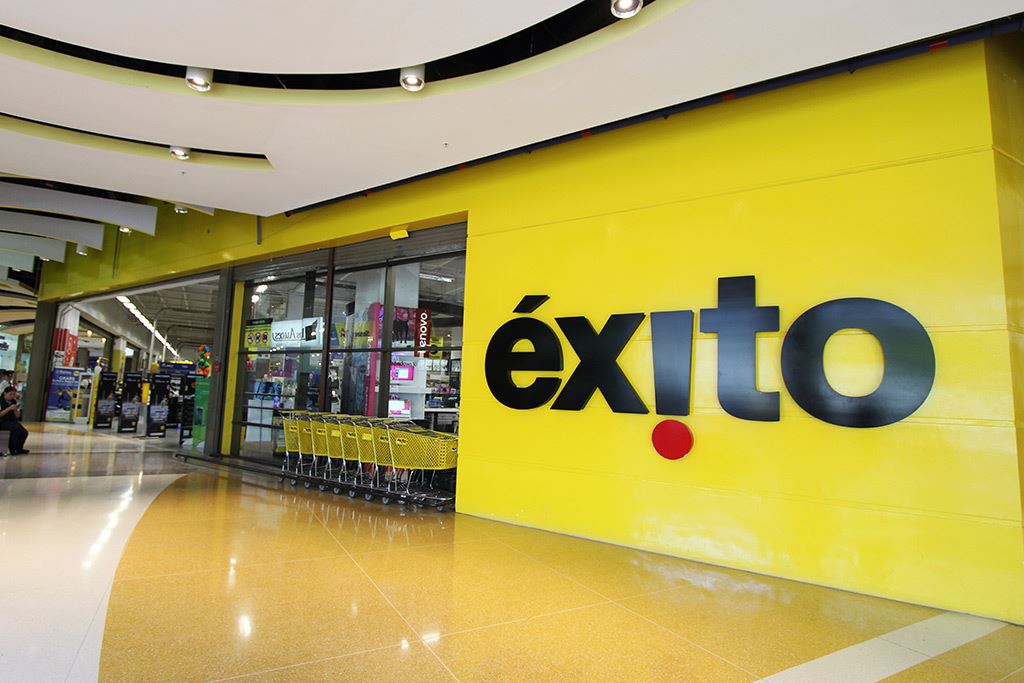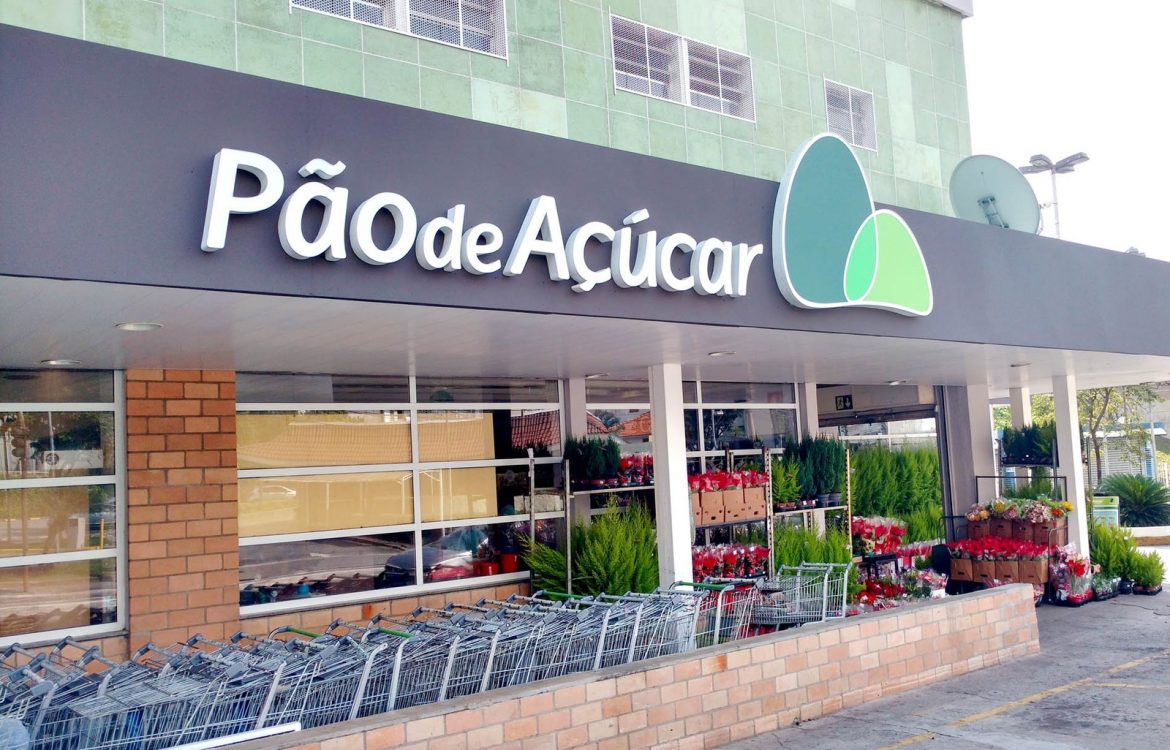RIO DE JANEIRO, BRAZIL – The incorporation of Colombian Almacenes Éxito into the Pão de Açúcar Group (GPA) provides positive results on all fronts: cash generation, EBITDA (earnings before interest, taxes, depreciation, and amortization) and net income, the company’s president Peter Estermann guaranteed to journalists on Wednesday, December 11th. According to him, considering the operations added, the company has a combined turnover of close to R$71 billion (US$17.8 billion) considering the 12 months through September 2019.

Altogether, the group now has 150,000 employees in South America and more than 1,500 stores. “All corporate management aspects are in their final adjustment stage”, according to the executive, and a board meeting should be held by the end of January to make them official.
Analysts in the sector who viewed the acquisition of the leading Colombian food retailer as a potential accelerator of the company’s earnings per share (EPS) indicator, should celebrate this data, in addition to celebrating the expansion to other countries in the region and the move to the B3 New Market. The GPA share ([=ativoPCAR4]) is, for this reason, one of the favorites for December, with recommendations from five analyst firms, according to the InfoMoney survey of 13 representatives.
Expansion
In anticipation of GDP growth and a drop in the unemployment rate to 11 percent in Brazil, the GPA is planning a considerable expansion for the coming year.
Wholesale, or “cash and carry”, represents 52 percent of the company’s revenues today and has an average EBITDA margin of six percent. It is expected that the revenue in this category will reach R$30 billion in 2019 and R$50 billion in three years’ time, without increasing the segment’s share of the total value (i.e., also expanding the other verticals, which usually offer better margins).
Estermann talks about 50 new stores under the Minuto Pão de Açúcar banner (in the segment called proximity stores, which are more compact), ten inaugurations under the Pão de Açúcar banner (three or four conversions from Supermercado Extra and six or seven new ones), 50 conversions from Supermercado Extra to Mercado Extra and 20 Assaí inaugurations, including one in Colombia.
Conversions are important, according to the company’s directors, because they take into account a broad study of the customer profile of each region and a better profile adjustment improves the margins of already existing units.

This is also true for the conversion of Pão de Açúcar stores into the model called Geração 7 (“Generation 7”) by the group, which are more technological and fully incorporated into SuperApp James and the Cheftime brand of healthy foods, acquired this year. According to Estermann, the stores converted into this model will have double digits growth and will help the company close this year on a positive note, after many discouraging results in the past. Today there are already 46 G7 stores and another 17 will be converted in the first quarter of 2020.
In terms of customer service, the group focuses on shortening lines in stores, which, according to Jorge Faiçal, director of digital strategy, is the greatest complaint among customers. To this end, technologies such as self-checkout (paying without the help of an attendant), pre-scan (when an employee scans the purchases while still queuing), Scan & Go (the customer scans the products and pays through the app), mobile POS (billing anywhere in the store) and shop & go (leaving the purchases in the cart and having them delivered at home) are in their testing stages.
In addition to the physical stores, the group intends to double online sales next year, including the inauguration of its own marketplace, which, at first, will focus on the food sector (which has been the company’s strategy since the conclusion of Via Varejo’s sale to the Klein family) while not selling its competitors’ products. GPA’s online sales operation, excluding James, has a 73 percent market share in the segment, a level it intends to preserve, and grew 40 percent in the year to November, reaching revenues of R$500 million.
Also in this line, the company intends to improve logistics with the expansion of “shipping from store” (deliveries of online purchases directly from physical stores) and e-store (distribution model via store that has segregated stock) to all regions of the country next year. Both formats are cheaper and faster than delivery from distribution centers.
As a result, the company says that its plan does not envisage compression of financial results. The expectation is to maintain investment (CAPEX) around R$1.8 billion in the Brazilian operations and to achieve progress equal to inflation in sales in the same stores of Assaí and above that in Multivarejo (wholesale – which includes the other brands), working with a scenario of inflation between 4.3 and 4.5 percent for the year.
Source: InfoMoney

